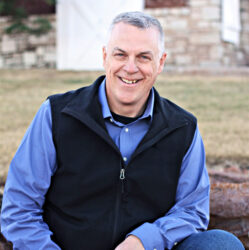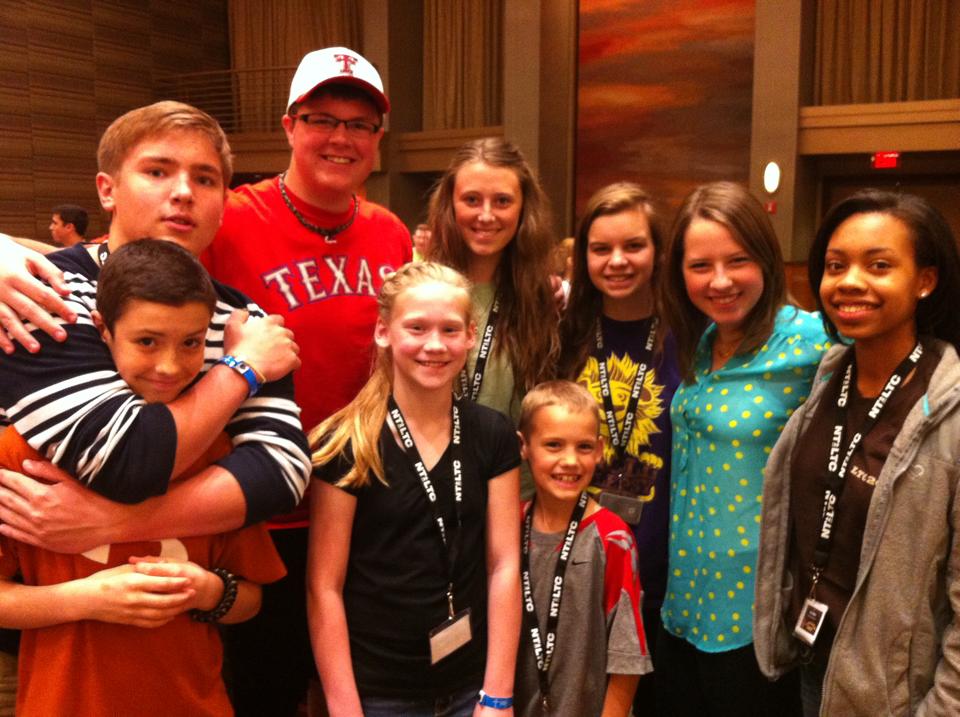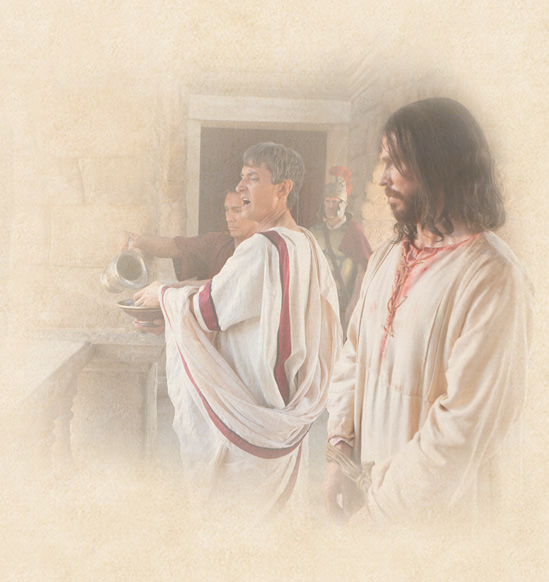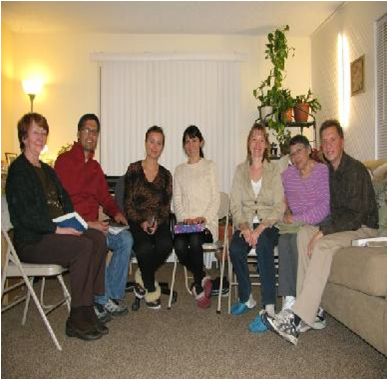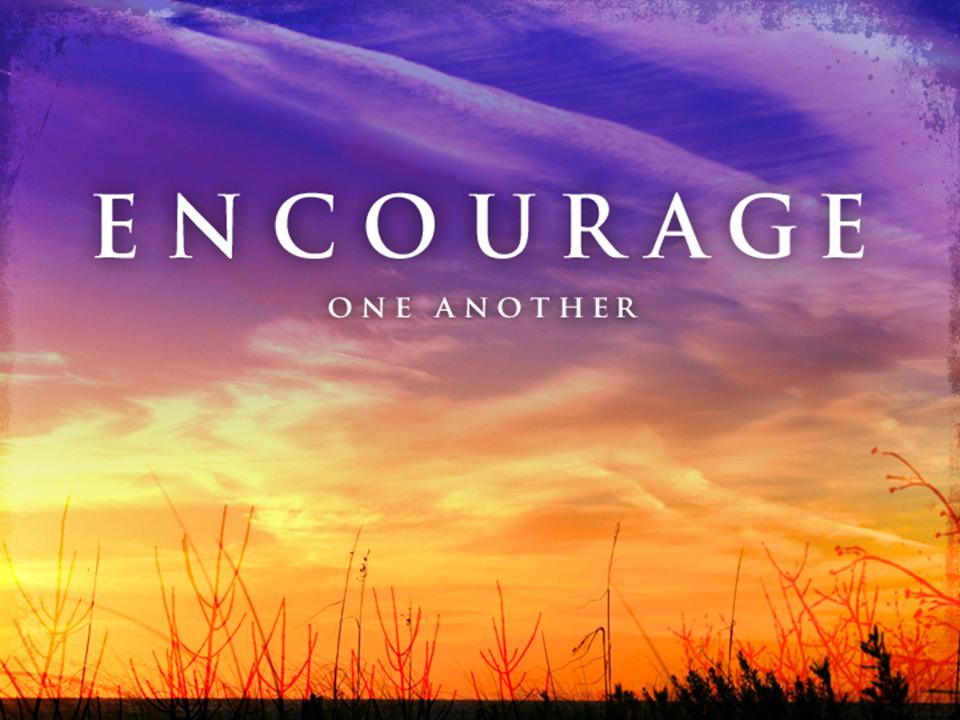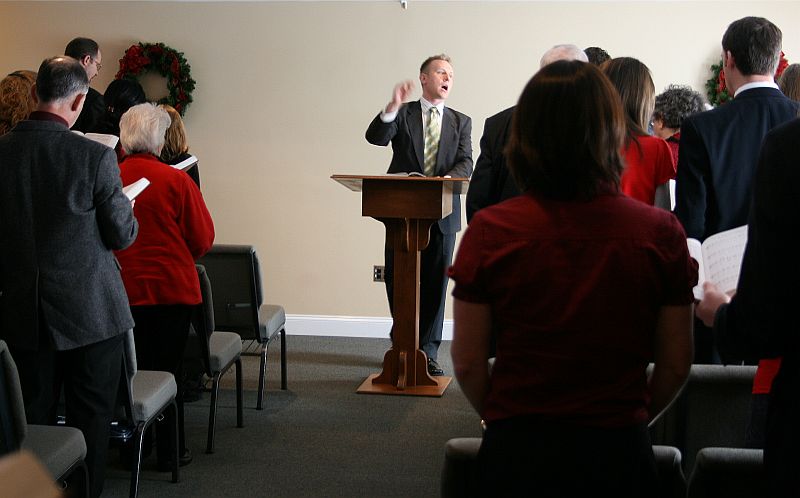 In your prayer life, what do you most ask of God? For good health, for comfort and success, for world peace? Jesus said in Mark chapter 11, verse 24, “…all things for which you pray and ask, believe that you have received them…” So in our prayers we ask as we have been directed, “Ask, and it will be given to you…” (Matthew 7:7) and we offer thanks (I Thessalonians 5:18). But again, when you pray…what do you most ask for?
In your prayer life, what do you most ask of God? For good health, for comfort and success, for world peace? Jesus said in Mark chapter 11, verse 24, “…all things for which you pray and ask, believe that you have received them…” So in our prayers we ask as we have been directed, “Ask, and it will be given to you…” (Matthew 7:7) and we offer thanks (I Thessalonians 5:18). But again, when you pray…what do you most ask for?
Baylus McKinney, a musician and song writer in the early 1900’s, penned the words to dozens of Christian hymns. But one particular song is a prayer seeking God’s blessing on the home. Though it encompasses only one request, “God give us Christian homes,” there are four different elements noted as we sing. What does it take to have a Christian home? What elements did McKinney see fit to ask of God as we seek this blessing?
First of all, we seek homes where the Bible is not only loved by the family, but taught to the children. Homes where  God’s will is a priority and sought after on a daily basis. Another element of a ‘Christian home’ is one with a father who is truthful and strong. Strengthened to know the difference between right and wrong and leading his family heavenward. A father who teaches his family love, joy, and the importance of praising God in song. A third element of a Christian home comes by way of the mother who conducts herself with dignity, in ‘queenly quest.’ She lives so as to show all those who pass through her door that life is best lived following God’s word. A mother who brings glory and honor to the King of Kings. And finally, as we ask for a Christian home we must remember to pass on the legacy to the children. Children who know that Christ loves them and died for them. A Christian home where the children understand what it means to sacrifice. Not offering a lamb on a stone altar, but laying down our lives for the glory of our God.
God’s will is a priority and sought after on a daily basis. Another element of a ‘Christian home’ is one with a father who is truthful and strong. Strengthened to know the difference between right and wrong and leading his family heavenward. A father who teaches his family love, joy, and the importance of praising God in song. A third element of a Christian home comes by way of the mother who conducts herself with dignity, in ‘queenly quest.’ She lives so as to show all those who pass through her door that life is best lived following God’s word. A mother who brings glory and honor to the King of Kings. And finally, as we ask for a Christian home we must remember to pass on the legacy to the children. Children who know that Christ loves them and died for them. A Christian home where the children understand what it means to sacrifice. Not offering a lamb on a stone altar, but laying down our lives for the glory of our God.
For a Christian home, we need 1) God’s word, 2) a Godly father and 3) mother who will teach 4) their children God’s ways. We offer prayers daily; thanking our Father in heaven for His blessings and asking for His guidance. Today, when you bow your head in prayer, what will you ask for? Would that we individually and collectively pray for the fathers, mothers and children, that we strive to raise up Christian homes.

